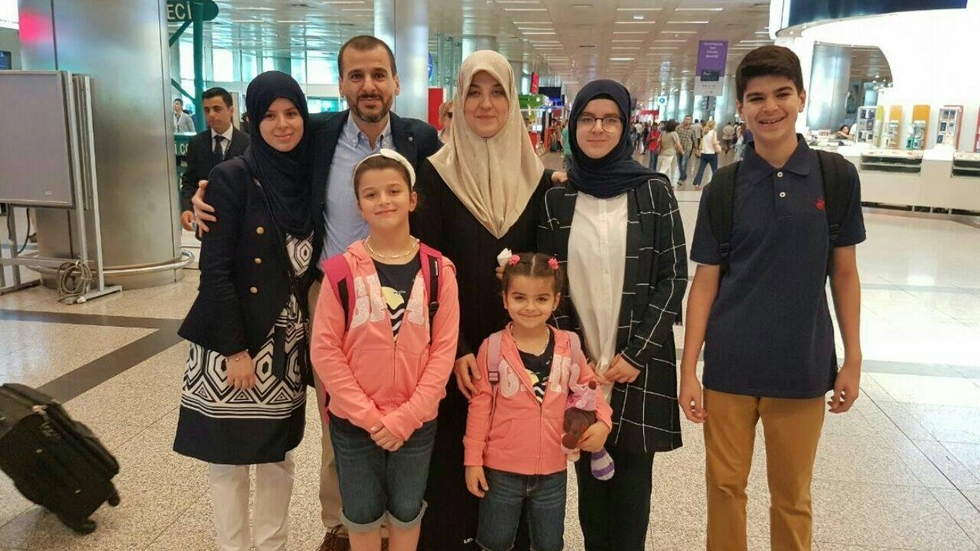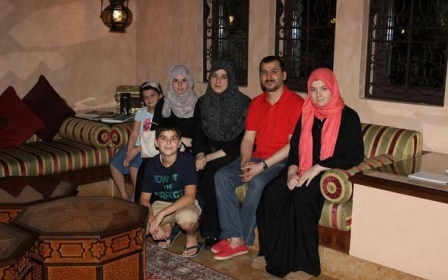Canadian returns home after months in UAE prison accused of arms dealing

A Canadian businessman arrived home to his family on Wednesday after nearly two years of detention in a UAE prison, where he says he was tortured and mistreated.
Salim al-Aradi, who was born in Libya and migrated to Canada from the UAE in 1998, was arrested from a hotel room in Dubai in August 2014 while on a family holiday.
Aradi was held incognito by security services for three months. He alleges all three were subjected to beatings, electric shocks and sleep deprivation.
The United Nations’ Special Rapporteur on Torture, Juan Mendez, has said he received evidence that the men were tortured and forced to sign confessions, and held incommunicado in solitary confinement at secret prisons.
In late May a UAE security court acquitted Aradi, along with the Eldarrats, of collecting donations without permission and sending supplies without the approval of the Emirati government, after terrorism-related charges were dropped in March.
However, following his acquittal Aradi was not immediately released, but was taken back into custody for an administrative period.
After receiving medical treatment in Istanbul, Aradi flew back on Wednesday to Canada, where he was greeted by his wife, four daughters and son.
Drewery Dyke, a UAE researcher at Amnesty International, said Aradi's detention had been "so unnecessary," asking the Emirati government whether it had been "worth it".
Middle East Eye propose une couverture et une analyse indépendantes et incomparables du Moyen-Orient, de l’Afrique du Nord et d’autres régions du monde. Pour en savoir plus sur la reprise de ce contenu et les frais qui s’appliquent, veuillez remplir ce formulaire [en anglais]. Pour en savoir plus sur MEE, cliquez ici [en anglais].




